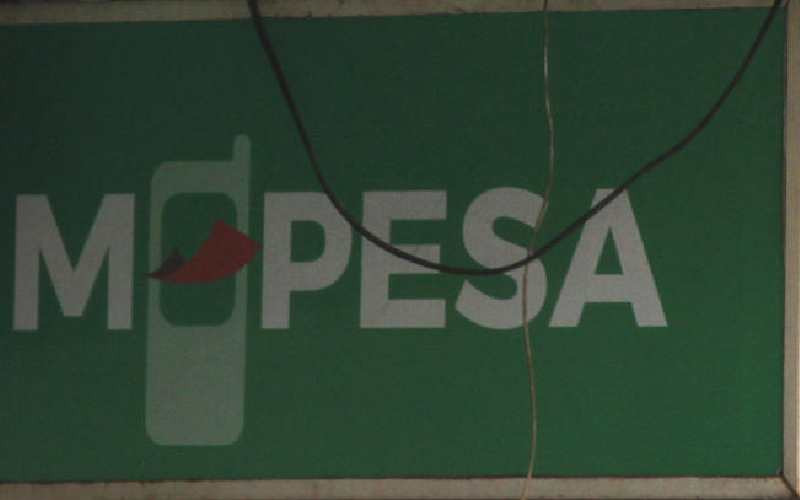×
The Standard e-Paper
Home To Bold Columnists

A distinct M-Pesa unit with all the rights to operate like a traditional bank would give commercial lenders a run for their money, if the regulators act on their controversial pledge to split Kenya's biggest telco, Safaricom.
This is according to analysts and insiders at Safaricom, who now believe the looming separation will enable the company to deepen its financial services.